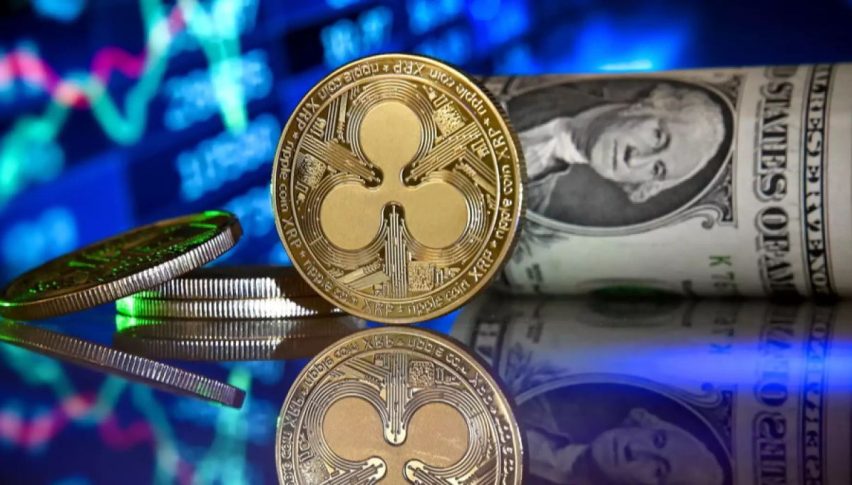The IMF’s attempt to classify these digital assets in this update has generated controversy, particularly about XRP. The seventh edition of the IMF’s Balance of Payments and International Investment Manual (BPM7) highlighted cryptocurrencies classification

IMF categorizes cryptocurrency assets according to whether they result in a financial claim or liability on the issuer under the revised framework. IMF claims utility tokens encompass different altcoins and should be categorized as “debt securities” since they grant future access to goods or services.
Some people made the amusing prediction that XRP might soon be added to the permanent list of securities because of this classification Interestingly, XRP Ethereum, and Solana are categorized as “debt securities” under the IMF’s methodology for classifying utility tokens.
However, David Schwartz, the CTO of Ripple, disagreed with such an interpretation. If XRP meets this criterion, he contended, other well-known cryptocurrencies like Bitcoin and Ethereum should also be added. “If XRP meets the IMF’s requirements for a utility token or security because it can be used to pay future transaction fees, then Bitcoin and Ethereum ought to be categorized similarly,” Schwartz contended.
The Securities and Exchange Commission (SEC) sued Ripple, claiming the business had broken securities laws by selling XRP.
District Judge Analisa Torres, however, decided in 2023 that Ripple’s public sales of XRP were not securities transactions. Nevertheless, she discovered Ripple had broken securities laws by selling directly to institutional investors.
The IMF also discusses the difficulties associated with mining and staking bitcoins. It implies that, depending on the size and intent of the holdings, token ownership earnings might be handled similarly to stock dividends. Furthermore, tasks that aid in blockchain transaction verification, such as mining and staking, are now being recognized as services by the IMF.
It will be simpler to track their economic impact if these are included in a nation’s imports and exports of computer services.
15 hours ago
Add an article to your Reading List
Register now to be able to add articles to your reading list.
” aria-hidden=”true”> Save

